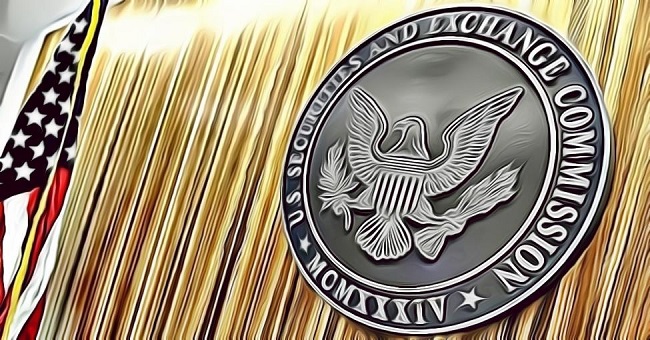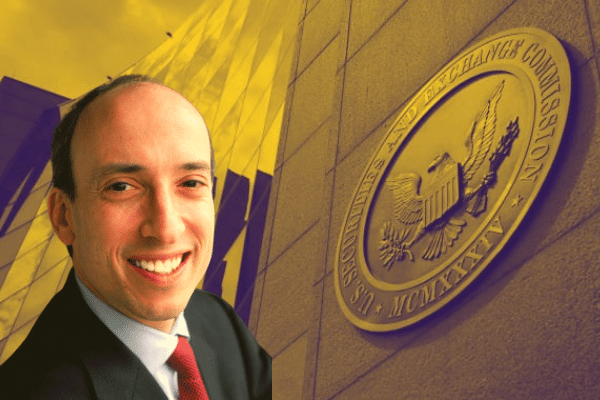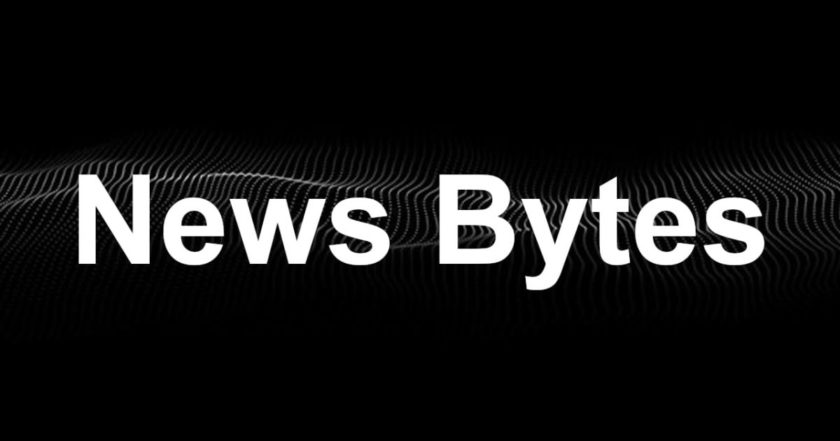At the core of any democratic country there are rules and regulations. If the past few years have taught us anything, it is that these rules are bound to change in order to accommodate emerging technologies.
This is clearly proven in the ongoing struggle to regulate cryptocurrencies. However, financial regulators constantly show they are working tooth and nail to be on top of the matter. In what can be seen as the best move on the board yet, top U.S. financial regulators recently released a joint statement, setting the records straight on ‘who is who’ and ‘who does what.’
The joint statement from the leaders of the U.S. Securities Exchange and Commission (SEC), Commodity Futures Trading Commission (CFTC), and Financial Crimes Enforcement (FinCEN) completely clears the air on what is defined as ‘financial institutions’ and to whom these institutions answer.
Aimed at reminding crypto exchanges and other financial institutions of their anti-money laundering and countering the financing of terrorism (AML/CFT) obligations, the joint statement rightly categorized broker-dealers, mutual funds, futures commission merchants, introducing brokers, and money services businesses (MSBs) as financial institutions.
Irrespective of the label given to the ‘currency,’ any of the above institutions who is involved in digital currency-related activities is bound by law to report to one or more of the above mentioned agencies.
Basically, the nature of the virtual currency-related activity determines which of the agencies it reports to and how it does so. The joint statement clearly states:
“If a person falls under the definition of a ‘financial institution,’ its AML/CFT activities will be overseen for BSA purposes by one or more of the Agencies (and potentially others). For example, the AML/CFT activities of a futures commission merchant will be overseen by the CFTC, FinCEN, and the National Futures Association (NFA); those of an MSB will be overseen by FinCEN; and those of a broker-dealer in securities will be overseen by the SEC, FinCEN and a self-regulatory organization, primarily the Financial Industry Regulatory Authority (FINRA).”
Among the AML/CTF obligations these institutions hold, they are implementing an effective AML program, recording keeping, and reporting requirements – which includes reporting suspicious activities.
Furthermore, the joint statement clarifies the roles, stating:
“Certain BSA obligations that apply to a broker-dealer in securities, mutual fund, futures commission merchant, or introducing broker, such as developing an AML Program or reporting suspicious activity, apply very broadly and without regard to whether the particular transaction at issue involves a ‘security’ or a ‘commodity’ as those terms are defined under the federal securities laws or the CEA.”
For more clarity, kindly check the full statement here.






